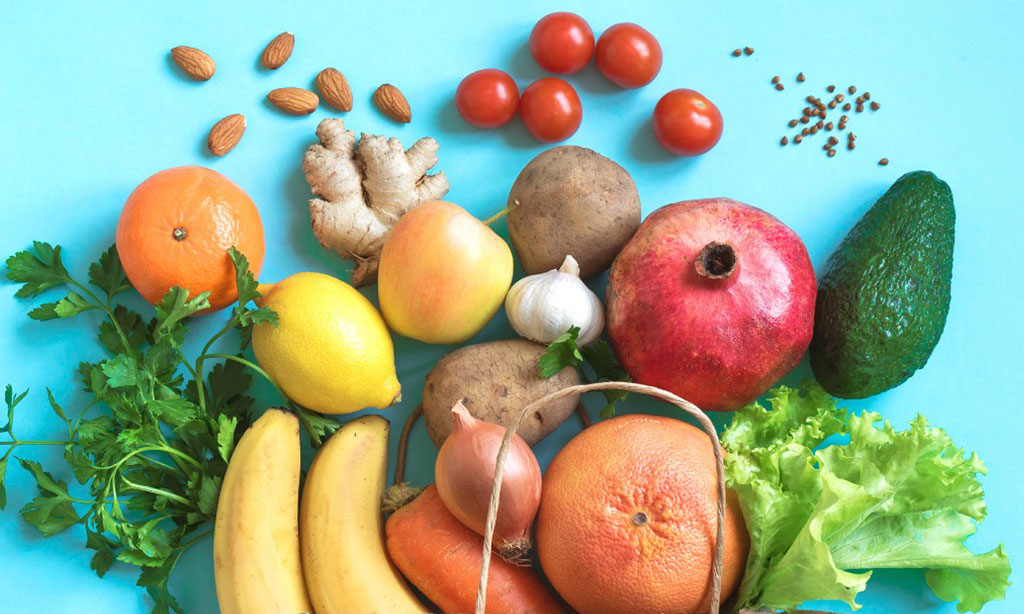With worries about our health and the economy running high during this COVID-19 crisis, your clients do not need more concerns to add to their list. Knowing the facts about pesticides can help to ease their minds and help them focus on the health benefits of eating plenty of vegetables and fruit, such as supporting a healthy immune system.
Not only that, but these limits that Health Canada sets – even if we were to eat a certain fruit or vegetable every day for our entire lives – are between 100 to 1,000 times lower than what would cause any impact on our health.
When clients express concern about headlines related to pesticide residue, it might be helpful to let them know that scientific testing is so advanced, we can now detect minute amounts – the equivalent of a single drop in an Olympic-sized pool – but their mere presence isn’t a hazard. For example, an adult woman would have to eat 850 apples in one day before pesticide residues pose any safety concern.
Fact: “To date, there is no scientific evidence that there is a health risk from eating conventionally grown fruits and vegetables because of pesticide residues, or that organic foods are safer to eat than conventionally produced foods,” says Health Canada.
Before a pesticide is approved for either organic or conventional farming, it must pass a thorough risk assessment, involving over 200 studies, and comply with health and environmental standards. The tests consider many factors, including short- and long-term toxicity, carcinogenic potential, and risks to sensitive groups such as children and nursing moms. Pesticides are also reassessed at least every 15 years, to ensure they meet current standards.
Fact: Without the use of pesticides, our veggies and fruit would cost 50% more!
Pests and weeds are a nuisance for home gardeners, but on a farm they can devastate crops and that can affect food cost, quality, and availability. If farmers didn’t take advantage of what we’ve learned from agricultural science, families would pay $4,000 more per year for groceries – a burden many Canadians would find hard to shoulder. The judicious use of pesticides helps to keep healthy food affordable.
RECIPES TO SHARE WITH CLIENTS:
FIND OUT MORE:
Pesticides in Canada, Government of Canada
What are Pesticides, CropLife Canada
Pesticide Residue Calculator, Safe Fruits and Veggies
Chemical Residues in Food, Government of Canada



